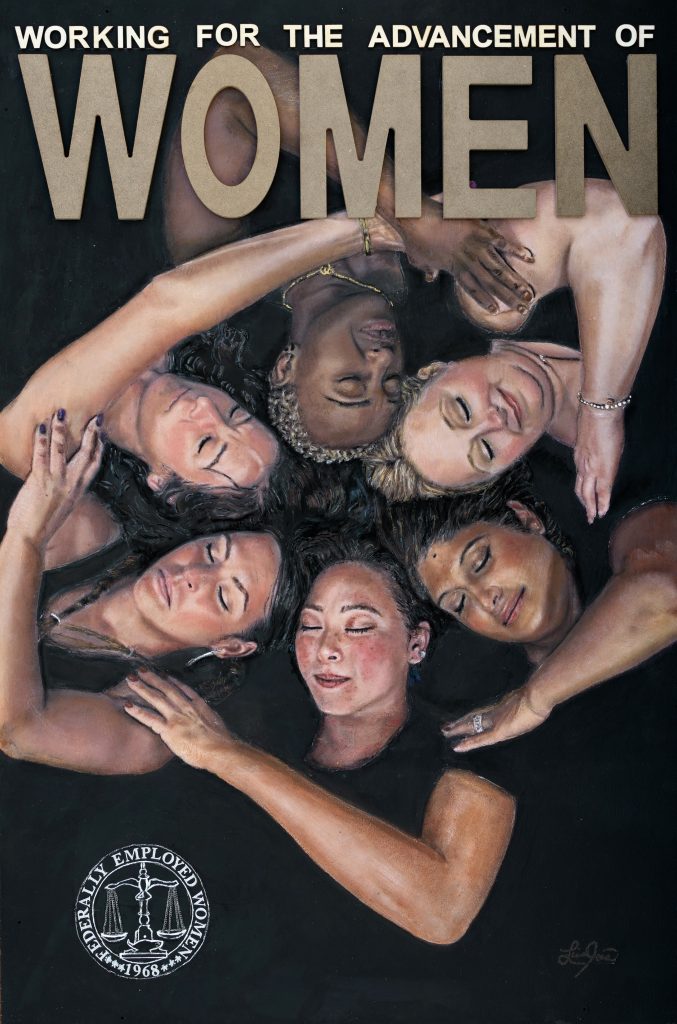Women made 82.3% of men’s annual earnings last year.
And that’s not the most concerning bit of news, according to a U.S. Department of Labor report that reviewed the pay gap based on gender.
Today, women’s earnings still trail men in more than 350 occupations. To make matters worse, the COVID-19 pandemic has pushed women’s participation in the workforce back by 30 years. In February 2021, women’s labor force participation rate was 55.8%, which was the same rate back in April 1987.
Michael C. Fallings, a partner at law firm Tully Rinckey PLLC, says there has been a recent uptick in Equal Pay Act cases due to societal movements and employers’ failure to conduct full reviews before setting pay.
“Federal employed women can ask for desk audits of their current position to determine if they are being paid appropriately,’’ Fallings says. “They can also file claims so that the agency can conduct an investigation into the pay discrepancies.”
According to Fallings, federal employees may file claims under the Equal Pay Act (EPA) directly in federal court.
EPA claims against the Federal government amounting to more than $10,000 must be filed in the Court of Federal Claims. A federal action under the EPA must be filed within two years of the last discriminatory paycheck or, in cases where there is willful conduct, three years since the last discriminatory paycheck. This option should allow the claims to be processed quicker but does not provide an investigative record to rely upon.
Federal employees may also file claims with the EEO office at their agency. If the EPA claim is first filed with the agency, the federal employee must allow the agency 180 days to complete the investigation of the claims before moving to federal court or an EEOC Administrative Judge. These claims must be filed within 45 days of the last discriminatory paycheck. This option may take longer but allows an investigation to help gather evidence to support the claims.
Federal employees can prove an EPA claim by establishing that they engaged in substantially similar work as an employee of the opposite sex and were paid less than the employee of the opposite sex. The burden then shifts to the Government to prove that the discrepancy in pay was for a reason other than sex. The key difference between the burden of proof under the EPA versus Title VII claims is that the EPA does not require the complainant to prove intentional discrimination.
Key Factors in Equal Pay Act Claim
The EPA considers content of a job, not its title, to determine whether jobs are substantially equal.
There are several factors that establish a job’s content:
- Skill: This factor considers experience, ability, education and training required to perform the job. It does not consider the skills that the individual employees may have.
- Effort: The amount of physical and mental effort needed to perform the job is considered.
- Responsibility: The level of accountability would also be considered in performing the job.
- Working Conditions: Factors include various characteristics, such as temperature, ventilation and possible hazards.
- Establishment: The distinct physical place of business is a key part of the mix.
Differences in pay are allowed in certain situations when they are based on quantity or quality of production and seniority.
As a trusted partner of FEW, Tully Rinckey PLLC promotes professional development, leadership and equity for the inclusion of women. FEW and Tully Rinckey have a Memo of Understanding, and with this agreement, FEW members are entitled to one free half-hour telephone consultation each year with one of Tully Rinckey’s experienced attorneys, and members who pursue their legal claims with Tully Rinckey will be entitled to a 10% discount in legal fees. For more information or to schedule a consultation with a Tully Rinckey attorney, please call (888) 529-4543, or visit www.tullylegal.com.




